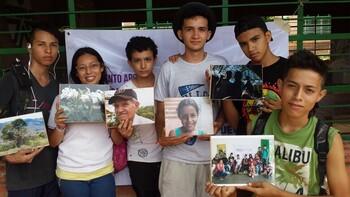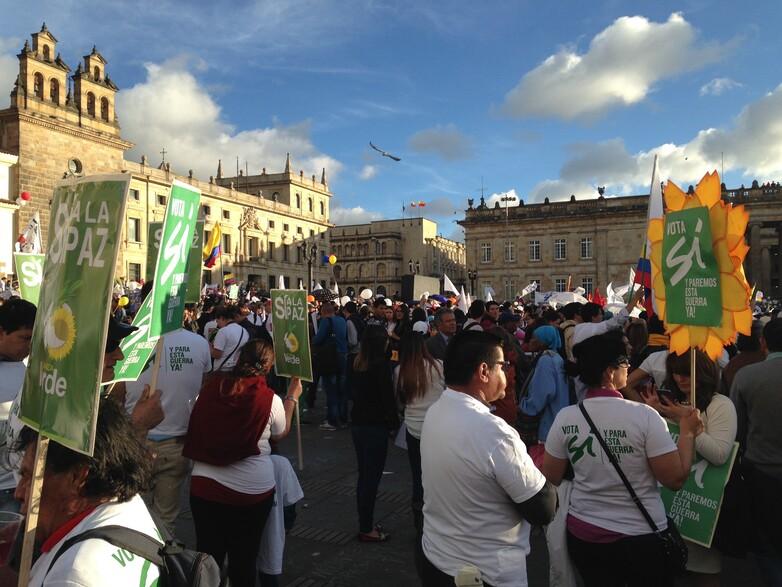Context
The Colombian peace process shows how decades of conflict can be resolved through diplomacy and dialogue. However, the 2016 peace agreement faces challenges. In recent years, new armed groups have emerged that are trying to control lucrative illegal economic sectors. This has led to an increase in violence against civil society actors, former combatants, activists and human rights defenders.


